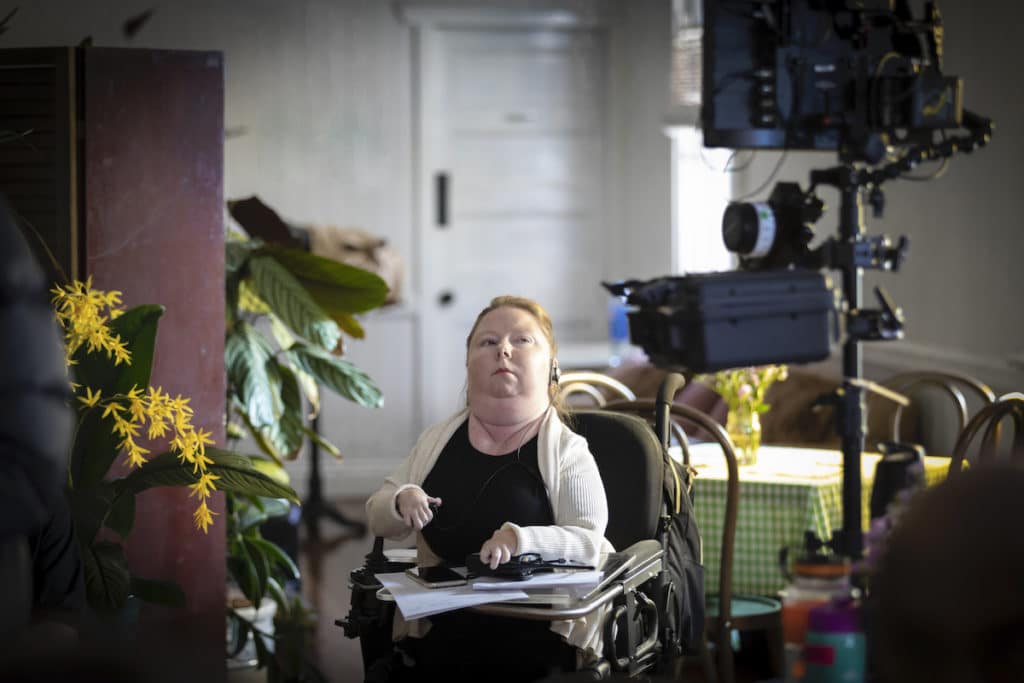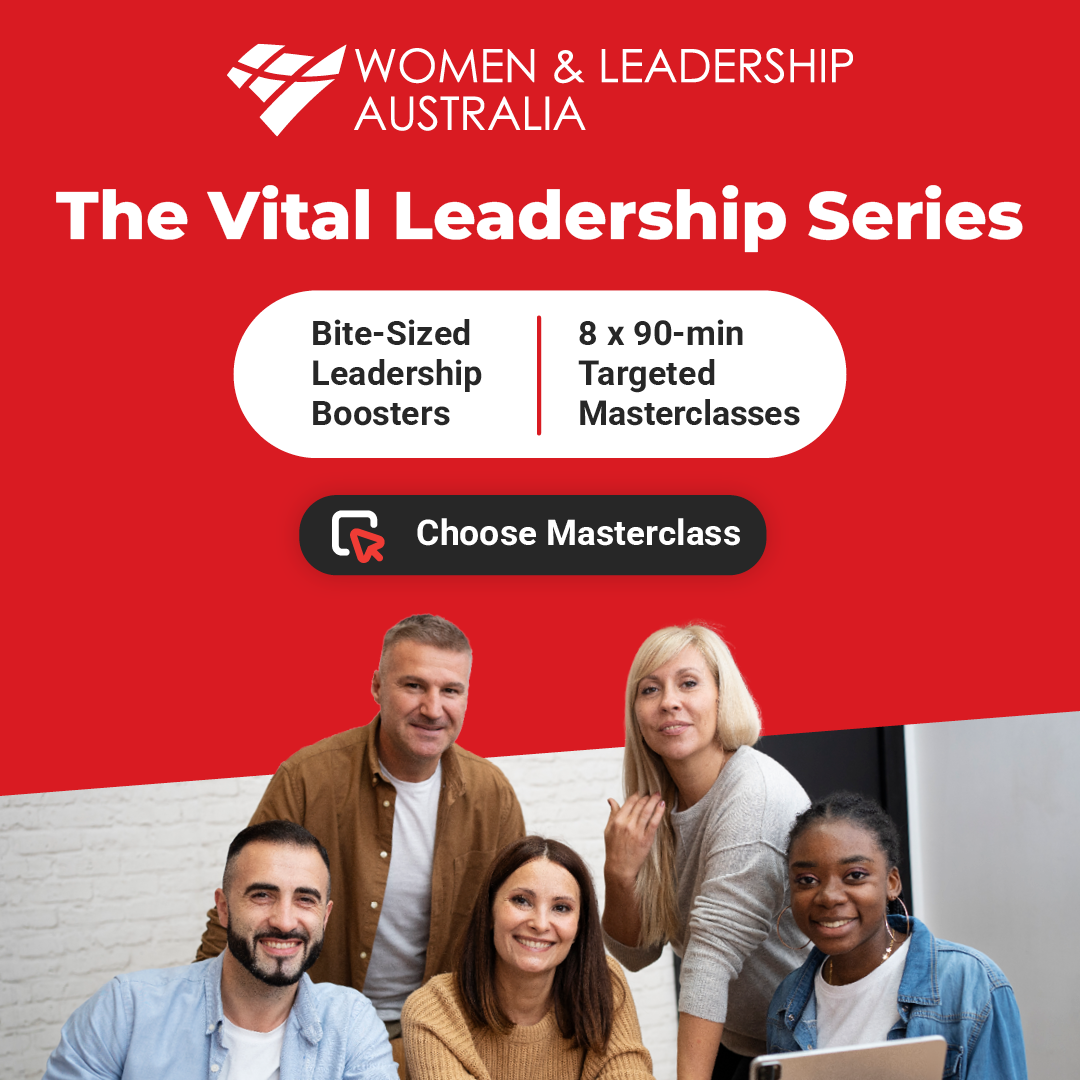Stephanie Dower first fell in love with films and storytelling when studied film and television in high school. She continued to pursue her passion at university before working as a freelance producer, writer and editor.
Through the years, though, one thing constantly niggled at her: no one on the screen ever looked like her.
That’s when Dower decided that she would have to help create the change she wanted to
Dower was a baby when she was diagnosed with Juvenile Rheumatoid Arthritis. Despite needing support with many everyday tasks, she lived life the way she wanted to, never letting her disability become a barrier.
But as someone who was passionate about the screen, it she says it was disheartening to never see a version of her in films or television. “I am someone who loves stories and how they can affect us emotionally and intellectually, which is probably why I ended up working in film and television production,” said Dower.
“Working as a screen producer, disability advocate and consultant, I want to use stories to re-frame how disability is portrayed and work towards normalising the experience of disability in mainstream society.”
Turning passion into purpose
Dower launched her own production company, Dower Productions, to do just that. Ten years on, she has worked across short films, TVCs and online content, currently developing a slate of projects.
Over this past year, one of Dower’s productions has been featured at two international film festivals. The film Sunshine features actor Olivia Hargroder, who lives with Trisomy 21 (Down syndrome), and showcases the talents of people with disability, both on screen and off screen.
And while on-screen representation of people with disability is gaining traction, it’s not enough. Dower said, “To have better, more diverse representation of disability on screen and across the media, we need more disabled people working behind the scenes.
“Having more creative disabled voices working on and informing the stories and content that we watch in films, on television and online, means audiences will be exposed to more authentic characters and experiences of disability on screen.”
For this to happen, we need more decision-makers including broadcasters, funding agencies and distributors to invest in on-going accessibility and inclusion initiatives so that disabled creatives and crew feel welcome and empowered to enter the industry.”

Fighting the disability stereotype
A key part of inclusion is to dispel misconceptions around the ability of people with disability, and challenges the viewpoints of non-disabled people.
Something as simple as, say, a love for travel. Dower said, “People who don’t know me may be surprised to know that I have travelled to Japan, Canada, New Zealand and across the USA, both for work and leisure.
“People with disability are just as keen as non-disabled people to experience everything that the world around them has to offer. What makes it challenging is the severe or total lack of accessibility. This is something I want to highlight in my production and advocacy work over the coming years.”
A more accessible, equitable world
The theme for the International Day of People with Disability 2022 centres on innovation and how it can make the world a more accessible and equitable world. For Dower, she says working with Australian innovation in online platforms like Mable has been transformative, especially how they connect people with disability directly with support workers.
“From a professional and personal standpoint, my team of support workers, who I engaged through Mable, has been instrumental in empowering me. Outside of work I love shopping, going to live music and theatre, hanging out with friends and family, and travelling both here at home and overseas,” Dower said.
She adds, “Being able to have full choice and control over who supports me and working with individuals who understand my need for flexibility means I no longer have to turn down opportunities that come up. Instead, I get to feel excited when I’m invited to speak at an interstate conference, or when my friends suggest spontaneous plans, knowing I’ve got a great support team around me who have now become great friends of mine.”
Dower highlights that people with disability are the “best creative problem solvers you’ll find”. “When you live in a world that wasn’t necessarily designed for you and your accessibility needs, you learn quickly how to adapt and overcome many circumstances you find yourself in. Business and industries could learn a lot about adaptability and innovation if they were to employ more disabled individuals who could bring such perspectives and creative thinking to the workplace.”


